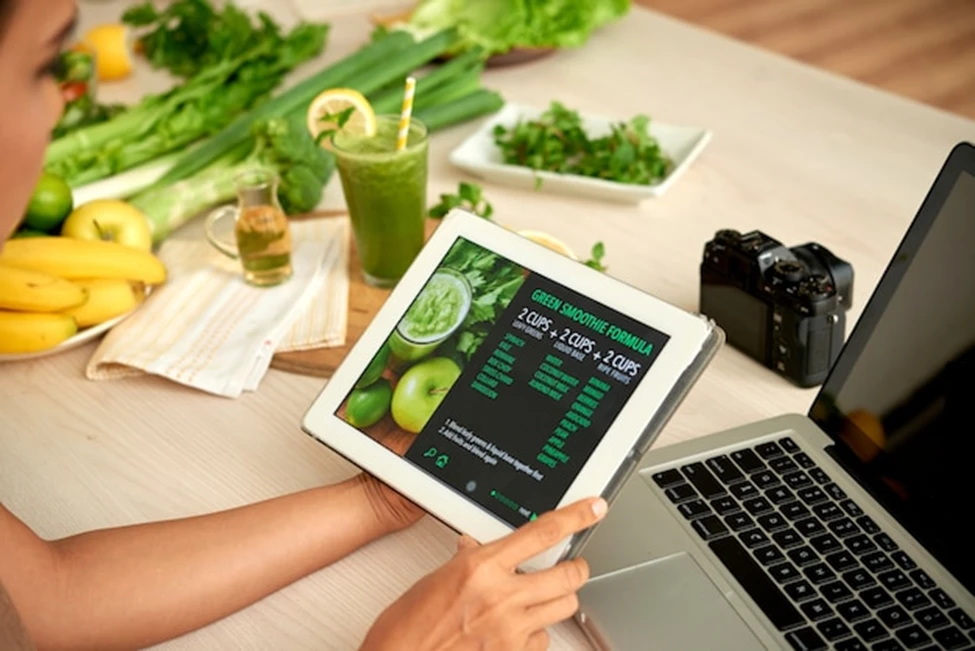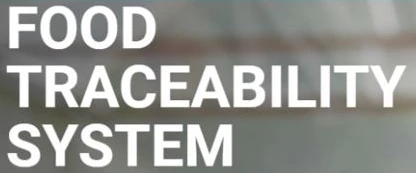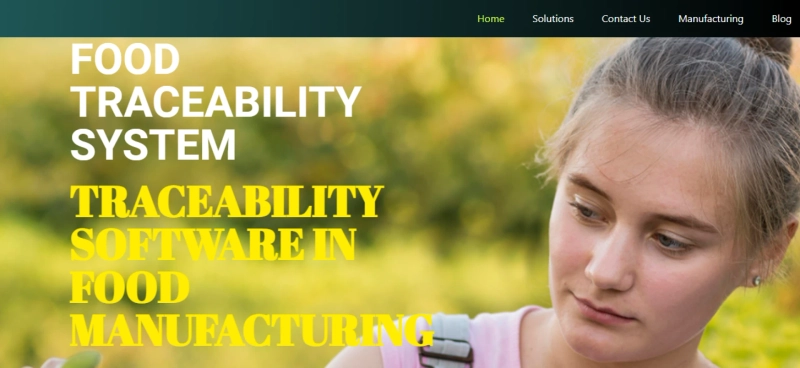In today’s global food supply chain, ensuring food safety and quality is more important than ever. With the increasing complexity of food production, handling, and distribution, consumers and regulators alike demand greater transparency and accountability. This is where Food Traceability Software steps in. By enabling end-to-end tracking of food products, this technology helps businesses manage their supply chains, meet regulatory requirements, and ensure the safety of the products they offer.
One such advanced tool in this space is the Food Traceability System, which provides comprehensive solutions for tracking and tracing food products from farm to table. In this blog post, we will explore what Food Traceability Software is, why it is essential, and how it benefits both businesses and consumers.
What is Food Traceability Software?
Food traceability software is a system designed to track the movement of food products through the entire supply chain. It records data at every stage, from production and processing to packaging, shipping, and retail. This software enables stakeholders, including farmers, manufacturers, distributors, retailers, and regulators, to access real-time information about the origin, processing methods, and distribution channels of food items.

The main goal of Food Traceability is to ensure that, in case of contamination or quality issues, the source of the problem can be quickly identified and addressed. This technology allows businesses to pinpoint which batches of food products are affected, significantly improving their ability to manage risks and protect public health.
Why Food Traceability is Crucial for the Food Industry
In the food industry, traceability is not just a matter of convenience—it’s a critical aspect of food safety and compliance. Here’s why Food Traceability is so important:
1. Enhanced Food Safety
One of the primary reasons for implementing food traceability systems is to improve food safety. Contamination incidents can occur at any point along the supply chain, from farms to food processing plants to retail stores. If a batch of food is found to be contaminated, it’s crucial to trace it back to its origin quickly.
With Food Traceability Software, businesses can trace each product’s journey from its source, making it easier to recall products quickly and accurately. This not only prevents public health risks but also minimizes the financial and reputational damage associated with contaminated products.
2. Compliance with Regulations
Regulations around food safety and traceability are becoming more stringent worldwide. For example, in the European Union, the General Food Law requires businesses to have traceability systems in place to ensure food safety. In the United States, the Food Safety Modernization Act (FSMA) mandates food manufacturers and distributors to track and trace their products.
By adopting a robust Food Traceability System, businesses can comply with these regulations efficiently. This helps them avoid penalties, legal issues, and potential disruptions to their operations.
3. Transparency and Consumer Trust
Consumers are increasingly concerned about the origins of their food. They want to know where it comes from, how it’s processed, and whether it’s safe to eat. With Food Traceability Software, businesses can provide transparency, building trust with consumers.
For example, a consumer can scan a QR code on a product’s packaging to access detailed information about the farm it came from, how it was handled, and whether it meets safety standards. This transparency fosters consumer confidence and loyalty.
4. Supply Chain Optimization
Food traceability software isn’t just about safety; it can also optimize the supply chain. By tracking each step of the food production process, businesses can identify inefficiencies, reduce waste, and improve inventory management. Real-time data helps businesses make informed decisions, leading to cost savings and more efficient operations.
5. Improved Quality Control
Tracking food products from source to shelf ensures that any quality issues can be detected early. Whether it’s an issue with production, packaging, or shipping, businesses can use traceability data to pinpoint and resolve problems before they reach consumers.
This capability helps ensure that only high-quality food products make it to the market, enhancing brand reputation and customer satisfaction.
Benefits of Implementing Food Traceability Software
1. Faster Recalls and Risk Mitigation
One of the most significant benefits of Food Traceability is the ability to carry out faster and more efficient recalls. In the event of contamination or quality issues, businesses can identify exactly which products are affected and where they are in the supply chain. This allows them to act swiftly, reducing the scope and impact of the recall.
2. Data-Driven Decision Making
With a Food Traceability System in place, businesses can access valuable data that helps improve decision-making. From sourcing and production to distribution and marketing, businesses can use traceability data to enhance every aspect of their operations. This data-driven approach not only improves efficiency but also provides insights that drive growth.
3. Better Supplier Relationships
When businesses implement traceability software, they foster better relationships with their suppliers. Suppliers are more likely to trust a business that has a clear and transparent traceability system, as it shows that the business is committed to quality and safety.
In addition, businesses can use traceability data to work more closely with suppliers to identify areas for improvement, leading to stronger partnerships and a more resilient supply chain.
4. Competitive Advantage
Consumers and retailers are increasingly demanding transparency. By adopting Food Traceability Software, businesses can stand out in a crowded market. This not only improves consumer confidence but also gives businesses a competitive edge in the food industry.
How Food Traceability System Can Help Your Business
By implementing a Food Traceability System, businesses can streamline their operations, improve food safety, ensure compliance, and enhance customer trust. From farm-to-fork tracking to detailed reporting and analytics, the software offers a range of tools to help businesses stay ahead of the curve in an ever-evolving industry.
Moreover, Food Traceability isn’t just beneficial for large companies; small and medium-sized businesses can also benefit from these systems, ensuring they meet safety standards and provide high-quality products to their customers.
Conclusion
In today’s food industry, Food Traceability Software is no longer a luxury—it’s a necessity. With increasing demands for food safety, transparency, and efficiency, businesses must adopt traceability systems to stay competitive, meet regulatory requirements, and most importantly, protect consumers.
The Food Traceability System offers businesses the tools they need to track and trace food products, ensuring the highest standards of safety, quality, and transparency. Whether you’re a producer, processor, distributor, or retailer, investing in food traceability technology is a smart move for the future of your business.


